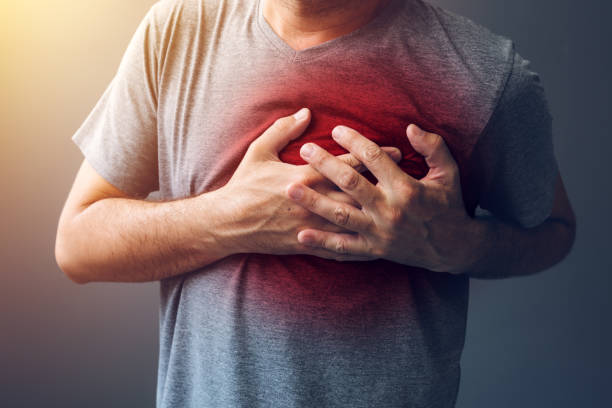Deaths from sudden cardiac events are on the rise. Sudden heart death can be defined by a natural death due to cardiac causes, characterized by sudden unconsciousness within one hour after the onset or a sudden alteration in cardiovascular health. The annual burden of sudden cardiac death is within the range of 4 to 5 million deaths per year. The reason for death is persistent ventricular fibrillation or ventricular Tachycardia. Training that is hard are classified as intense exercises. These include running or cycling at 10 mph or higher, swimming as well as jumping rope.
Researchers have found convincing research that suggests one of the primary reasons for heart attack in gym is the high intensity exercise. The most frequently cited cause for sudden cardiac death is coronary arterial disease. Ischemia of the coronary arteries that is usually caused by plaque rupture and the occlusion of one of the major coronary arteries is more likely cause polymorphic ventricular Tachycardia.
“Dr. Shridevi, Consultant Cardiologist, DPU Private Super Speciality Hospital, Pimpri, Pune states, “Another 10-15% occur in patients suffering from hypertrophic cardiomyopathy, dilated cardiac myopathy arrhythmogenic right ventricular cardiomyopathy, myocardial inflammatory disease such as sarcoidosis and amyloidosis. The remaining 5- 10% of of patients cardiac anomalies, cyanotic and non-cyanotic heart disease and rare genetic disorders like Brugada syndrome and long Q1 syndrome catecholaminergic polymorphic ventricular Tachycardia are the cause of sudden cardiac arrest.”
Warning symptoms and signs
- Unknown, brief episodes of fainting that can be caused by physical stress, or loud sound.
- The symptoms are not clear-cut pathological EEG diagnosis.
- Heart failure or pacemaker dependence before 50 years.
- If there is any history of sudden cardiac arrest within the family, all members must undergo a thorough cardiac exam and investigation for genetic diseases such as Brugada and long QT syndrome and right ventricular cardiomyopathy can be found within families.
The lesson to be learned is that coronary artery disease accounts for 80 percent of unexpected cardiac events, and the risk factors that lead to coronary artery disease must be recognized and addressed. If someone has a risk factor, they should undergo an evaluation of the heart using treadmill tests and the cardiac CT score assessment.

